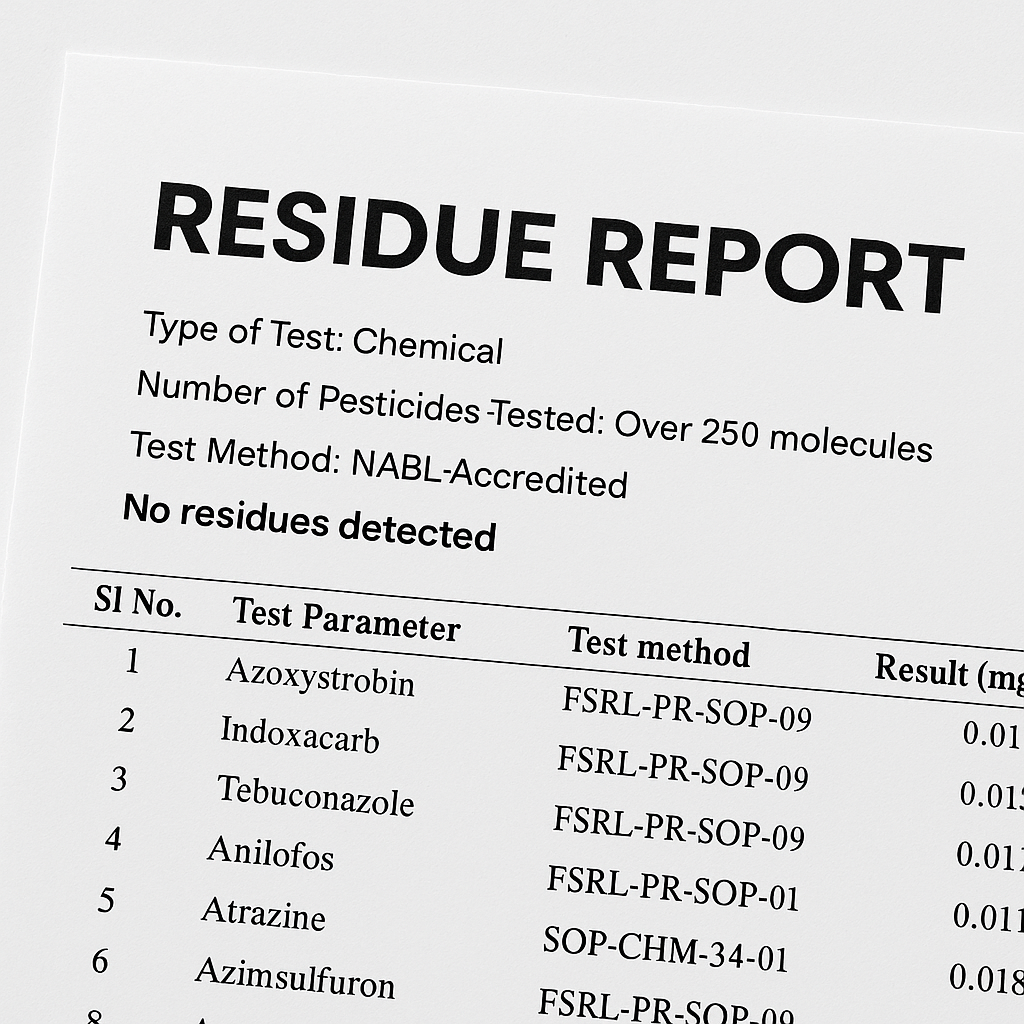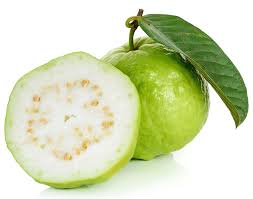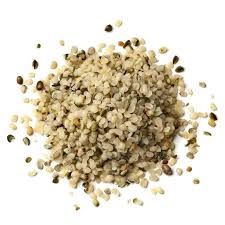.jpg)

Pesticide Residue Testing for Cauliflower & Brinjal is here
As part of our practice to check for any chemical residue in our produce every once in a while, I recently had tested random sample of our produce - Cauliflower & Brinjal Small.
We had them tested for 87 pesticides and fungicides residues, I am attaching the link of our test results of the same.
Click below
Cauliflower - Pesticide Residue Testing Dt. 6-Nov-2024)
Farmer - Ramanjanaya, Location Village hasaravalli
Brinjal Small - Pesticide Residue Testing Dt. 6-Nov-2024)
Farmer: Girish, Location Neelamangala
In order to appreciate organic/ natural farming, one need to understand what is done in conventional farming. Cauliflowers, for instance, are among the most chemically treated vegetables, often involving intensive chemical use throughout various farming stages.
So, I will take the example of cauliflower and talk through how it is grown in both Conventional (Chemical) and Organic/ Natural farming.
What Kind of Chemicals are used in Conventional farming for growing Cauliflowers
Here's an overview of the chemical use in cauliflower farming in India:
- Pesticides: Cauliflower is vulnerable to various pests like diamondback moths, aphids, and caterpillars. Indian farmers commonly use a range of chemical pesticides, such as organophosphates (e.g., chlorpyrifos) and synthetic pyrethroids (e.g., cypermethrin), to control these pests. Reports indicate that pesticide use can be high due to challenges like pest resistance and crop damage from infestations.
- Fungicides: To prevent and control fungal diseases such as downy mildew and clubroot, fungicides are also frequently used. Popular choices include chemicals like mancozeb and carbendazim.
- Synthetic Fertilizers: The use of fertilizers, particularly those rich in nitrogen, phosphorus, and potassium (NPK), is common to boost growth and yield. Urea, DAP (diammonium phosphate), and potash are standard fertilizers applied during cauliflower cultivation.
- Regulatory Oversight: The Central Insecticides Board and Registration Committee (CIBRC) under the Ministry of Agriculture and Farmers' Welfare regulates pesticide use in India. There are permissible residue limits set for various chemicals on produce to ensure safety. However, enforcement and adherence to these regulations can vary, leading to instances where chemical residues exceed safe levels.
- Challenges and Concerns: Excessive use or misuse of chemical pesticides and fertilizers can lead to soil degradation, pesticide resistance, and health concerns from residues on the produce.
None of the chemicals mentioned above, will be used in organically grown cauliflowers.
And more importantly none of these residues were found in our testing of our cauliflower.
Now, you would want to know how is it grown organically in India, This is how it is done by our farmers using natural and sustainable inputs
- Natural Pest Control: Organic farmers use neem oil, garlic extracts, and chili sprays to deter pests like aphids and caterpillars. Beneficial insects, such as ladybugs and parasitic wasps, are also encouraged to control pest populations.
- Organic Fertilizers: Nutrient-rich organic matter like compost, vermicompost, cow manure, and green manure are commonly used to enhance soil fertility.
- Bio-Pesticides and Bio-Fungicides: Products like Bacillus thuringiensis (Bt), Trichoderma, and Pseudomonas fluorescens are employed for their natural pest and disease-controlling properties.
- Crop Rotation and Companion Planting: These practices help maintain soil health and reduce pest and disease buildup. For instance, planting marigolds alongside cauliflower can repel certain harmful insects.
- Natural Soil Enrichment: Techniques like using panchagavya (a traditional blend of cow-based products) and liquid bio-fertilizers aid in nourishing the plants and improving overall growth.
Hope you found this useful and informative.


















